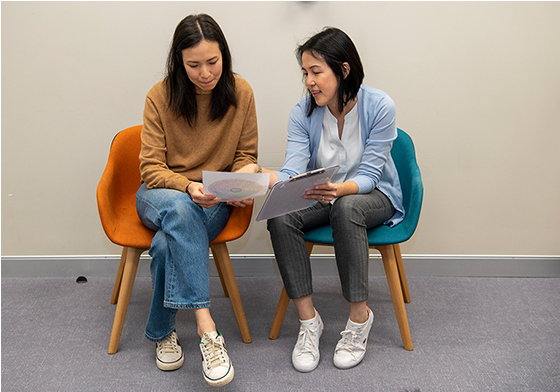Search
Research
In utero exposure to arsenic alters lung development and genes related to immune and mucociliary function in miceIn utero exposure to arsenic via drinking water increases the risk of lower respiratory tract infections during infancy and mortality from bronchiectasis in...
Research
Collaborating with consumers: the key to achieving statutory notification for birth defects and cerebral palsy in Western AustraliaThe Western Australian Birth Defects Registry and the Western Australian Cerebral Palsy Register used multiple sources of voluntary notification without...
Research
Alcohol-use disorders during and within one year of pregnancy: A population-based cohort study 1985-2006Given the severe risks to the fetus from heavy prenatal alcohol exposure, assessment and recording of alcohol use should be routinely undertaken in maternity...
Research
Genome-wide association analyses identify multiple loci associated with central corneal thickness and keratoconusCentral corneal thickness (CCT) is associated with eye conditions including keratoconus and glaucoma.

The aim of every good leader is to make a positive change. It is often so easy to create lots of great ideas but how do we take that from a thought

Once we’ve explored what it looks like to be an effective cyber leader, we can then begin to think about the sort of impact we want to make. Without


Functional capacity assessments help families and the NDIS ensure that children receive the right level of support, resources, and funding to achieve their goals.


News & Events
Margie's story: Parent to a child with ARFWhen Liana complained of a sore foot and showed signs of a fever, her mum Margie rushed her to hospital. An X-ray of her foot revealed no obvious injury, so she was sent home and advised to take painkillers.
